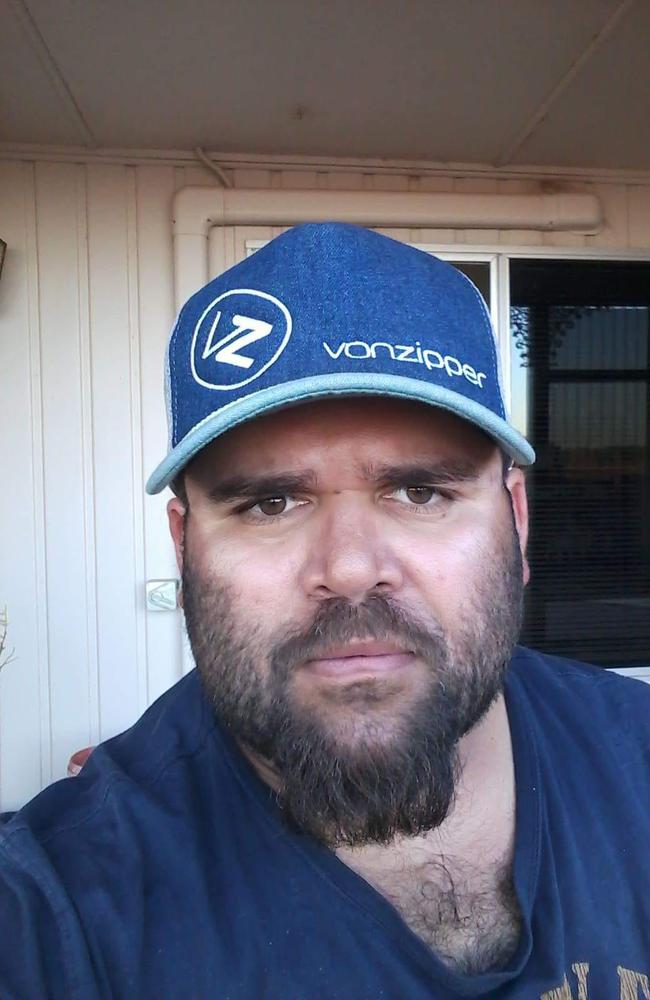Fifth meningococcal case confirmed in Western Australia
A child has been hospitalised after contracting the life-threatening disease meningococcal.
A child has been hospitalised after contracting the life-threatening disease meningococcal in Western Australia, the fifth reported case of the rare illness in the state this year.
The Department of Health confirmed on Tuesday the child had been diagnosed with meningococcal serogroup B disease, and remained in hospital as they recovered.
Authorities did not release the age, gender, or location of the child, but confirmed it is the fifth reported meningococcal case so far this year, and the fourth with serogroup B.
While uncommon, meningococcal is life-threatening and is caused by a bacterial infection of the blood and/or membranes that line the spinal cord and brain, and sometimes other areas.

Health authorities reported 18 cases of the disease in WA last year, though there were no deaths. They urged children and parents to ensure they were vaccinated to remain protected.
“There are two types of meningococcal vaccines available – one protects against four serogroups of the meningococcal disease (A, C, W and Y) and the other. against serogroup B,” authorities said.
“The MenACWY vaccine is offered free to all children at 12 months of age. In addition, the MenACWY vaccine is offered to all year 10 students, with a free catch-up program for adolescents aged 15 to 19 years old.
“Due to a higher rate of meningococcal disease in Aboriginal children in WA, the MenACWY vaccine is offered free to Aboriginal children aged from six weeks to 12 months.”

Symptoms of meningococcal include high fever, chills, headaches, neck stiffness, nausea, and vomiting, with young children sometimes present with a pale or blotchy complexion and lethargy.
The disease is not “easily” spread from person to person being transmitted in droplets of nasal discharge or when coughing or sneezing, but does not last more a few seconds outside the body.
Meningococcal bacteria is carried harmlessly in the back of the nose and throat by about 10-20 per cent of the population and very rarely invades the bloodstream to cause serious infections.
Adelaide man Luke Wingfield died in hospital in May after contracting meningococcal after his sister said he reported flulike symptoms, before his conditions rapidly took a turn for the worse.



